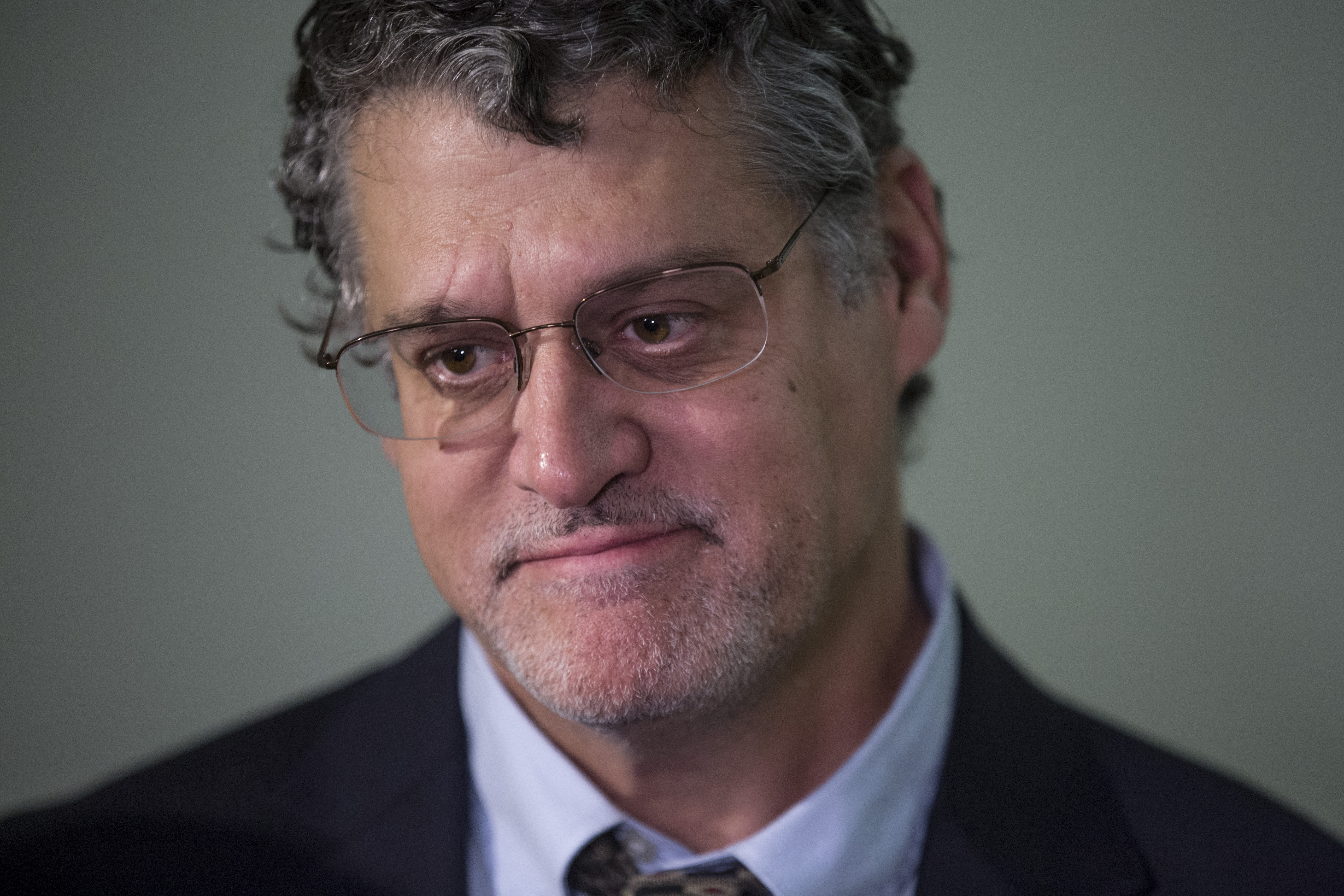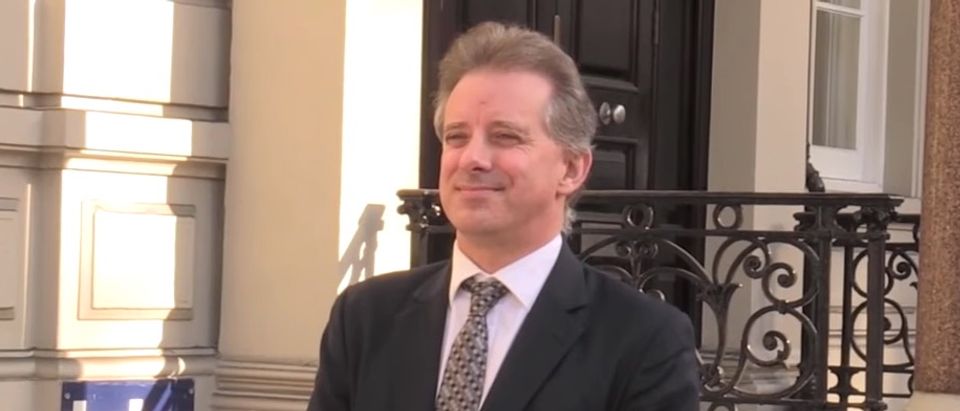Defenders of the FBI’s activities during the 2016 campaign have adopted a familiar refrain over the past 28 months to describe the Steele dossier, that infamous document that served as a road map for the conspiracy theory that the Trump campaign colluded with the Russian government.
“It’s raw intelligence,” according to countless politicos and pundits, including CNN contributor Asha Rangappa, Democratic Connecticut Rep. Jim Himes, former CIA executive John Sipher and numerous other commentators.
The spy term, which describes information directly from a source that has not been fully analyzed, is intended to downplay the dossier’s significance to the collusion narrative. Christopher Steele, the dossier author, gathered his intelligence from a trusted network of sources, the argument goes, and provided it to seasoned investigators to analyze.
But the charitable defense faces new challenges, especially in the wake of special counsel Robert Mueller’s Russia report.
The problem with the “raw intelligence” canard is that it ignores questions about how Steele obtained his information and what the former spy did with it once he received it. The FBI also treated Steele’s allegations as more than mere raw intelligence. The bureau relied heavily on Steele’s work, even though it was unverified, to obtain spy warrants against Carter Page.
Steele and his client, Fusion GPS, processed, packaged and disseminated information from the dossier to the FBI, Justice Department, State Department, Capitol Hill, the Clinton campaign and the media.
Steele and Fusion GPS founder Glenn Simpson met with several prominent journalists in September 2016. The former British spy was a source for Yahoo! News reporter Michael Isikoff and Mother Jones reporter David Corn, both of whom published articles prior to the election that accused President Donald Trump and Page of being Kremlin stooges. (RELATED: EXCLUSIVE: Fusion GPS Founder Had Contact With State Department Official During 2016 Campaign)
Steele also directed an associate, a former State Department official named David Kramer, to meet with a reporter from BuzzFeed in late December 2016. The reporter, Ken Bensinger, published the dossier at his website on Jan. 10, 2017.
The dossier and its salacious and unverified claims made its way into public view in large part thanks to Steele and Fusion GPS, which was working on behalf of the Clinton campaign and the Democratic National Committee.

Fusion GPS Co-Founder Glenn Simpson following a meeting in the Rayburn Office Building. (Zach Gibson/Getty Images)
Had Steele’s allegations borne out, his dissemination of the dossier would be a moot point. He might even be the patriotic whistleblower many of his defenders claim him to be. But Mueller’s report undercuts Steele’s claim, made in a July 2016 dossier memo, of a “well-developed conspiracy of co-operation” between the Trump campaign and the Russian government. Mueller was unable to establish that Trump associates conspired with the Kremlin to meddle in the election.
The Mueller report undeniably debunked the claim that former Trump lawyer Michael Cohen met with Kremlin officials during the campaign to pay off hackers. Mueller was also unable to establish that Trump advisers acted as Russian agents, which was an implicit allegation made in the dossier. (RELATED: Here’s What Mueller Found (Or Didn’t Find) On Collusion)
The irony of the dossier is that it contained allegations about Russia’s hacking and publication of Democrats’ emails, which Fusion GPS and Steele were hired in part to investigate. But Steele himself could have been the victim of Russian manipulation.
A former CIA station chief, Daniel Hoffman, has argued that if Russian hackers gained access to Democrats’ computer systems, they may have discovered that Steele was collecting information on Trump. Hoffman also noted that Steele was likely on the Kremlin’s radar, given his career working for MI6 in Moscow.
A journalist who has written extensively on Russia, David Satter, echoed that theory in an op-ed at The Wall Street Journal last Monday.
“The media, Congress and the intelligence services have all undermined themselves by repeating wild and unsubstantiated charges provided for them by Russian intelligence,” wrote Satter.
In Senate testimony last Wednesday, Attorney General William Barr said he is concerned that the dossier is the product of Russian disinformation. The Justice Department’s inspector general is also investigating the FBI’s handling of the dossier and its applications for the Carter Page surveillance warrants.
Michael Horowitz, the inspector general, is expected to release his report within weeks.
All content created by the Daily Caller News Foundation, an independent and nonpartisan newswire service, is available without charge to any legitimate news publisher that can provide a large audience. All republished articles must include our logo, our reporter’s byline and their DCNF affiliation. For any questions about our guidelines or partnering with us, please contact licensing@dailycallernewsfoundation.org.


